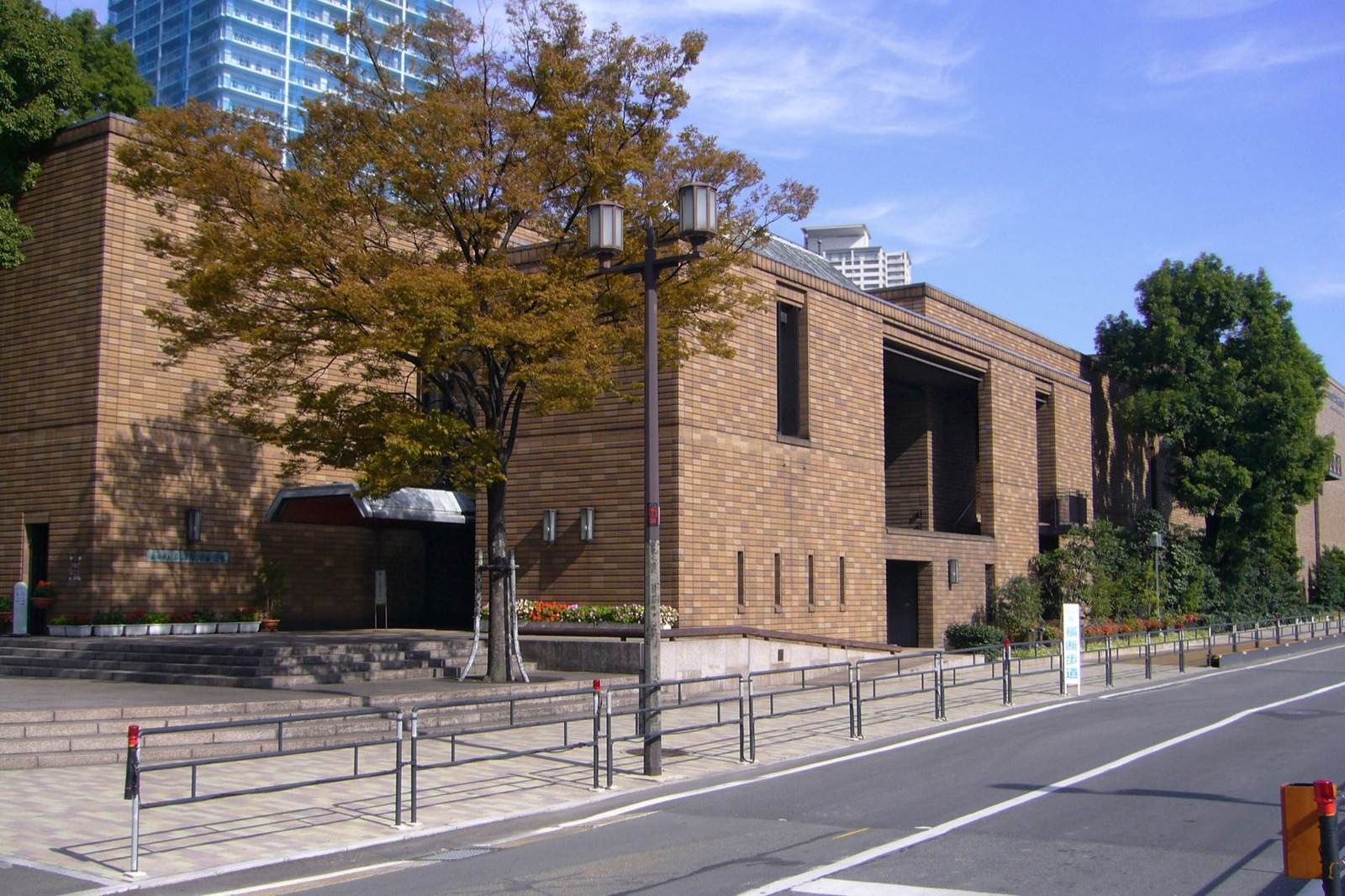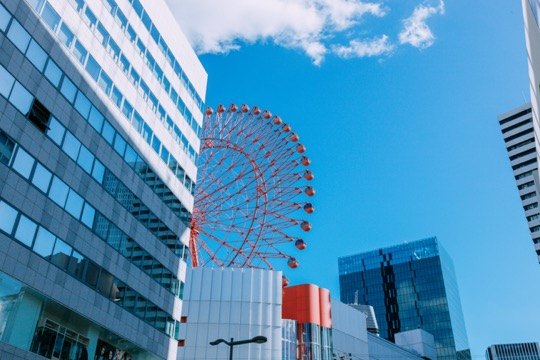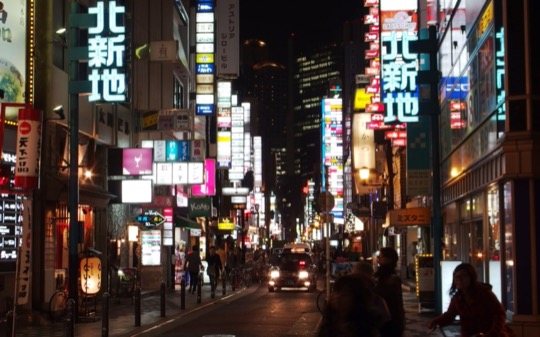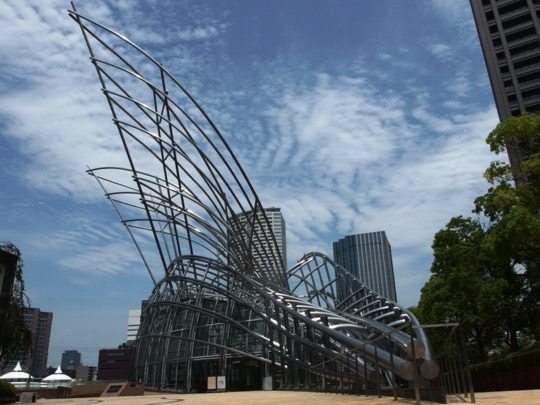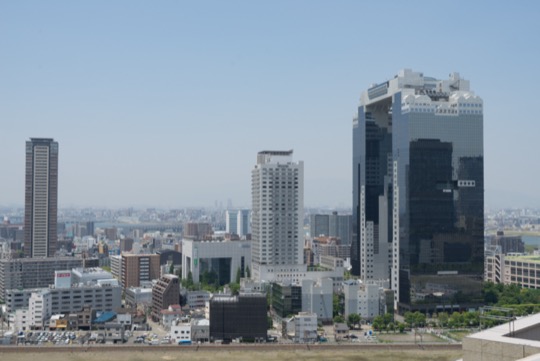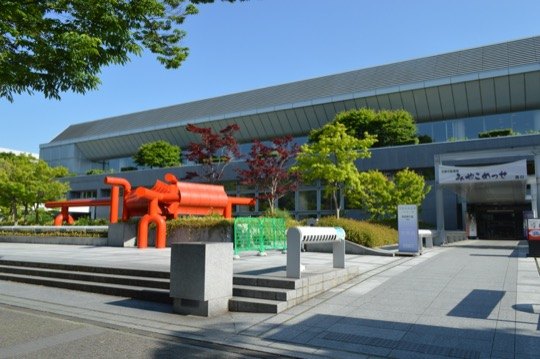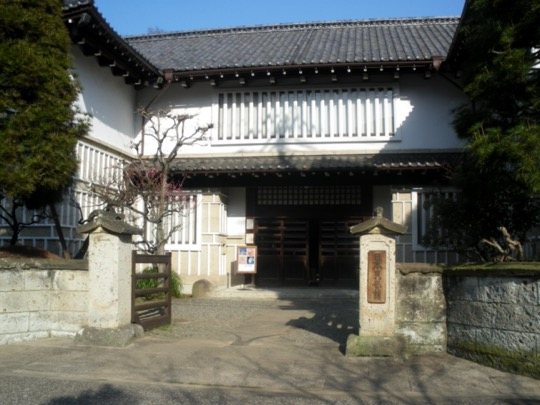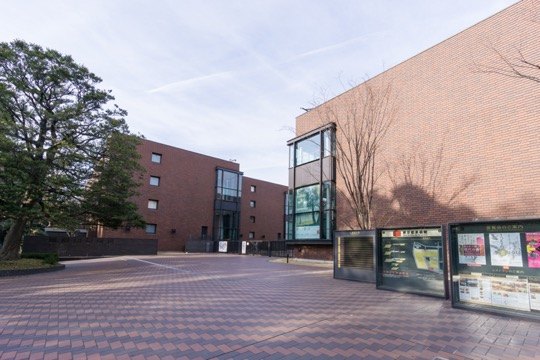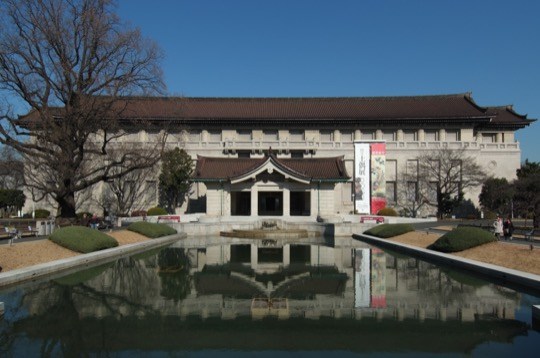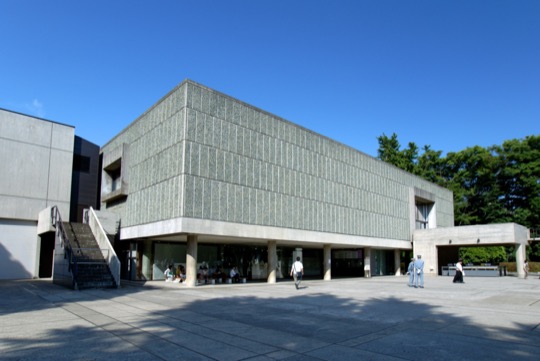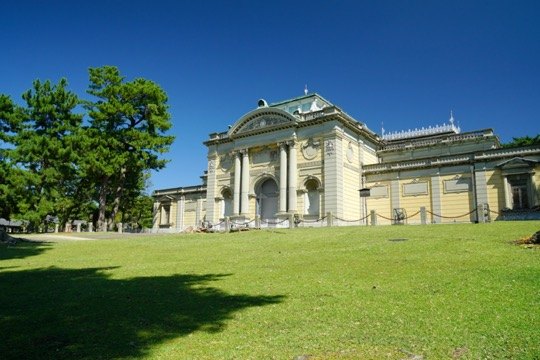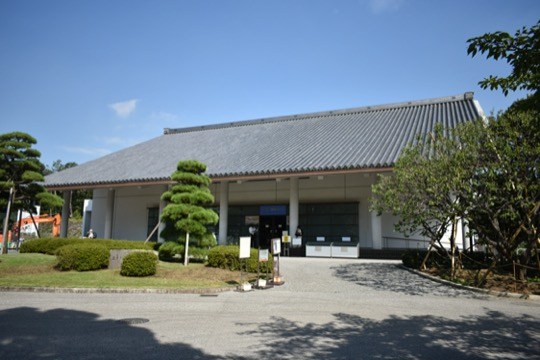The Museum of Oriental Ceramics, Osaka, is an esteemed institution for the appreciation of East Asian ceramics. With a focus on pieces from China, Korea, and Japan, the museum’s collection includes approximately 4,000 artifacts, offering visitors an opportunity to engage with the artistry and cultural relevance of Oriental ceramics. Situated on the corner of Nakanoshima Park, the museum’s architecture, designed by Kenzo Tange, harmonizes with the aesthetic importance of its exhibits.
On This Page
About Museum of Oriental Ceramics, Osaka
The museum was established in November 1982 upon the core collection known as the Ataka Collection, a generous donation by the 21 companies of the Sumitomo Group, which includes 2 National Treasures and 13 Important Cultural Properties of Japan. The Ataka Collection, which began with the pursuit of modern Nihonga paintings and later diversified, is a testament to the dedication of Ataka Sangyo and its corporate successors.
The museum’s holdings have been significantly enhanced by donations, particularly in 1999 with a substantial addition from Korean businessman Lee Byung-chang. His collection is especially respected for its Korean ceramics, considered one of the finest private collections in the world. The museum has built its reputation on the quality of exhibits displayed, though it also houses works of less renown.
Expanded in September 1998 with a new building, the museum complex now includes rooms for planned and feature exhibits, as well as for Japanese, Chinese, and Korean ceramics, alongside the Lee Byung-chang Collection. The intricate details and masterful craftsmanship of the ceramics, including various pieces from China and Korea, are a highlight for visitors.
For those interested in the nuances of ceramic art, the museum offers a video library and educational programs that delve into the techniques and historical contexts of the collection. Amenities such as lounges, a cafeteria salon, and a museum shop enhance the visitor experience.
Currently closed for entrance expansion, the museum is set to reopen in spring 2024. In the meantime, art enthusiasts and scholars look forward to the museum’s serene display, which leverages natural light to accentuate the beauty of its collection.
Upon its reopening, visitors are advised to allow sufficient time to fully appreciate the beauty of the artifacts and to explore the museum’s special exhibitions, which provide unique insights into the world of East Asian ceramic art. The proximity to the rest of Nakanoshima Park offers an ideal setting to complement a visit to the Museum of Oriental Ceramics.
Getting There the easiest way to reach Museum of Oriental Ceramics, Osaka
Naniwabashi Keihan Nakanoshima Line
Kitahama Keihan Main Line + 1 more
Yodoyabashi Midosuji Line + 1 more
Around Museum of Oriental Ceramics, Osaka
Official Links
Updated 7 Mar 2024 • Report an error
